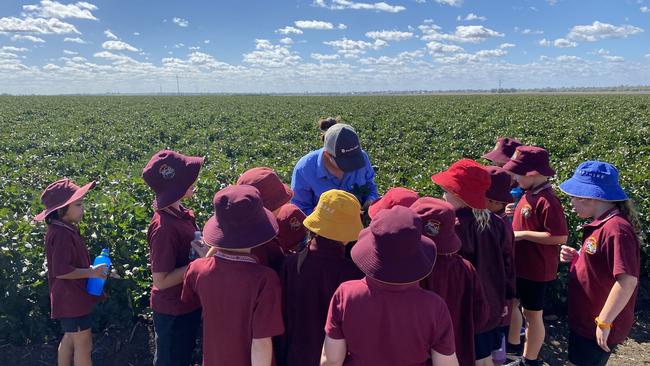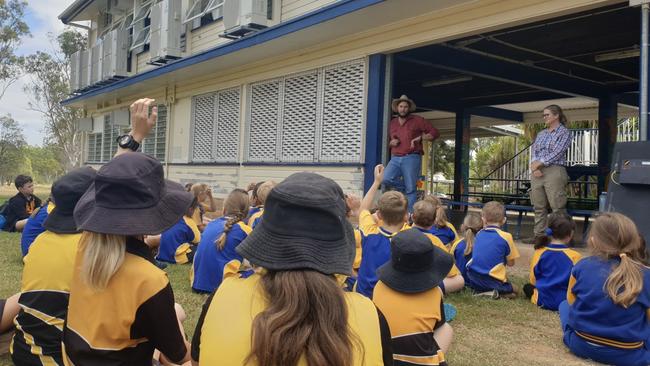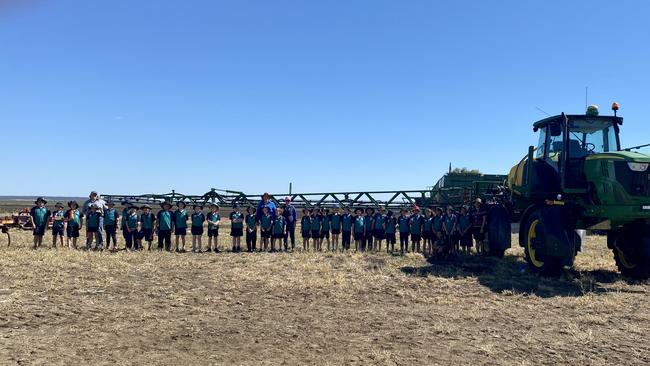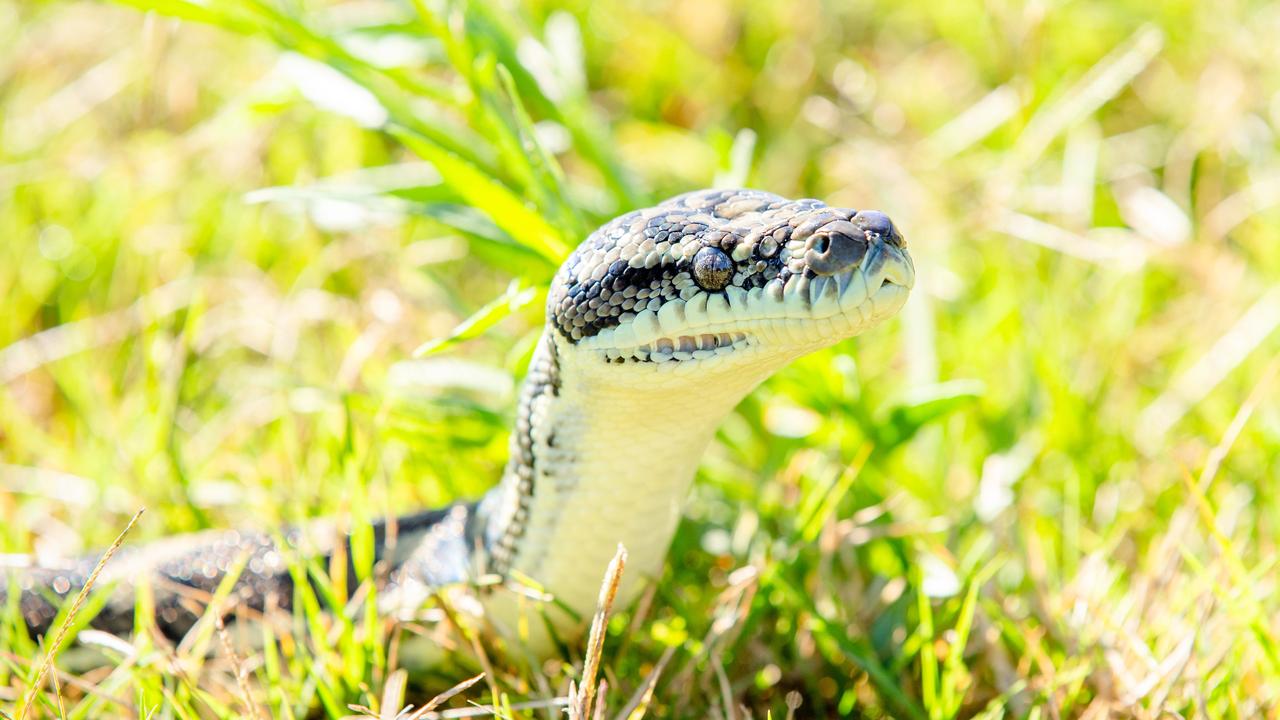CQU program teaches students about agriculture processes
“Through our program we aim to teach children about many of the processes and technology that farmers use to grow the products they purchase from a shop.”

Central Queensland
Don't miss out on the headlines from Central Queensland. Followed categories will be added to My News.
Central Highlands students have been left with a deeper understanding of the agricultural industry and its importance to the country after visiting a range of different local farms.
The CQUniversity Agri-tech Education and Extension team hit the road, travelling west to Duaringa, Bluff and Emerald as part of the Kids to Farm project delivered in collaboration with the AgForce Schools to Industry Partnership Program and funded by the Commonwealth Department of Agriculture, Water and the Environment.
The roadshow aims to increase primary school aged children's understanding of agriculture and its importance to Australia’s way of life.

Dr Jaime Manning from CQUniversity has been leading this week’s program in Central Queensland and hopes to inspire a new generation into agriculture by showing them how important the industry is to Australia and the world.
“The program engages children in this concept through the delivery of interactive activities and farm visits to meet with real-life farmers and agricultural industry professionals,” Dr Manning said.
Students participated in interactive wool and grain activities and also looked at food waste produced from making potato fries.
They also visited different farms within their local regions including grazing properties, grain, cotton and mixed cropping farms.
Dr Manning said it was important for children to start learning about where and how their food and fibre was produced from a young age so they could better understand how it made its way from the farm to them as consumers.

“Through our program we aim to teach children about many of the processes and technology that farmers use to grow the products they purchase from a shop,” Dr Manning said.
“Children are fascinated to learn about the way we are starting to use technology to trace wool from a sheep from a particular farm to the jumper they wear in winter, and how farmers can use sensors to determine if grains harvested are of highest quality to be made into the bread we eat.
“Engaging them through interactive activities and excursions to farms allows them to fully understand the production life cycle and how to make sustainable decisions about purchasing fibre and consuming food.
“Along with this, children can also experience the many job roles apart from the farmer that are involved in the agriculture industry and develop a greater awareness of the career opportunities available to them.”
The visits included students from Duaringa State School, Bluff State School, Denison State School, St Patrick’s Primary School, and Emerald North State School.



